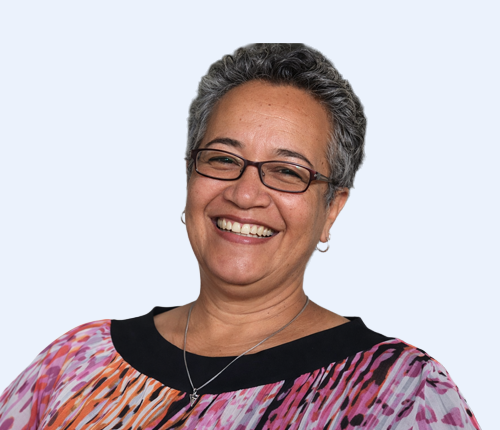
Christine Sinclair Erasito
Mental Health Nurse, Lautoka Hospital
When I came initially in 2012, I realised that Fiji doesn’t have a mental health policy. So, when I came for this course, I decided to use that as my project. Going through this course has helped me formalise the policy.
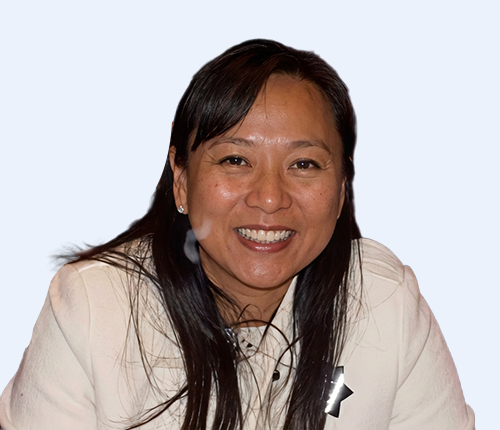
Joyce Vives
Behavioral Therapist, San Francisco Department of Public Health
I know in the United States of America, where I work as a psychiatric social worker, there are a lot of services. But in my country in the Philippines there aren’t too many services for people who have experienced challenges. I’m so glad I went through this course because it demystified law and human rights in line with mental health, which can help me do my part in making policy changes through suggestions and recommendations.
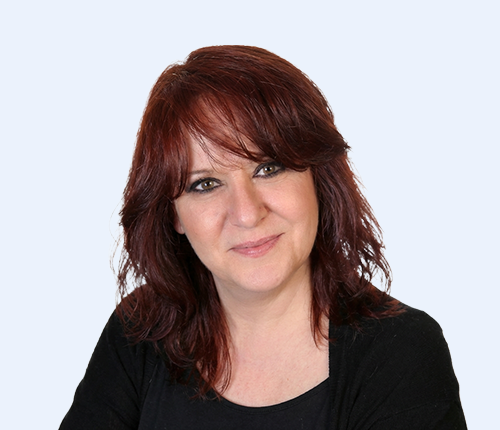
Aikaterini Nomidou
Vice-President of Sofpsi N.Serron & Lawyer
This course of the highest calibre enhanced the depth and breadth of my knowledge which has furthered my ability and confidence in promoting international mental health and human rights. The great source of material was valuable, as was the unique knowledge of the faculty. The feedback I received from the teaching faculty was very insightful. I cannot thank them enough for taking time to comment extensively on my work. The course made me enhance my analytical skills and made me realize that I can always do more than I thought I could to help those who can’t help themselves. I identified my strengths and weaknesses as a lawyer and learned how to provide legal advocacy. I explored how NGOs in the area can shape their work to best capture developments in human rights and how powerful can the ‘’silent yowl’’ of service users be. I’ve met some of the most inspiring teachers, fellow students and best friends I’ve ever had. There is a big distinction between my life pre and post Pune, both professionally and personally. Thank you for this priceless experience.
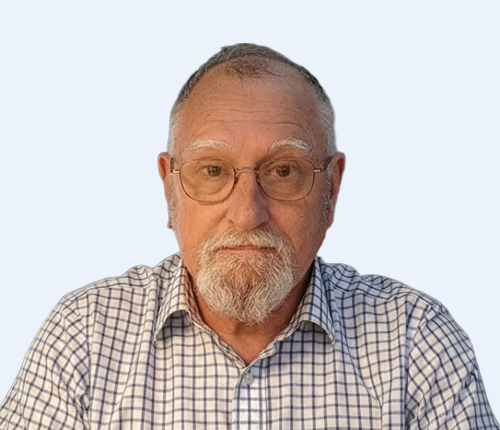
Peter Bazzana
Member, NSW Mental Health Review Tribunal
Initially, I thought that this course doesn’t have much to do with Australia because we’re a developed nation but then when I actually started realising what was happening in Australia and learning about Human rights & CRPD, I realised that this is relevant to both developed and developing nations and there’s a lot of work that’s required in Australia if we’re going to be in line with the CRPD.
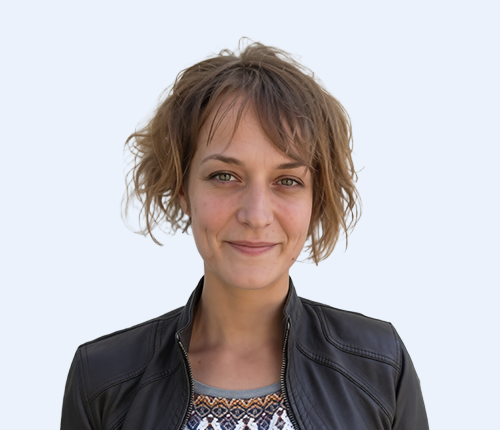
Jana Offergeld
Social Pedagogue, Researcher Research Group “Disability and Ageing”, WWU University Münster
The Diploma Course exceeded all my expectations. From the drafting and review of legislature and policies to the launching of advocacy campaigns, the students were equipped with a whole range of strategies and measures to actively improve the human rights situation within the mental health field.
The residential sessions in Pune were a unique opportunity to connect with user representatives, advocates, and professionals from all around the globe and to discuss human rights and mental health related issues. The faculty comprised of experts from a range of professional backgrounds and different nationalities, who willingly shared their expertise and – most importantly – were dedicated to the cause of improving the living conditions of persons with mental disabilities worldwide.
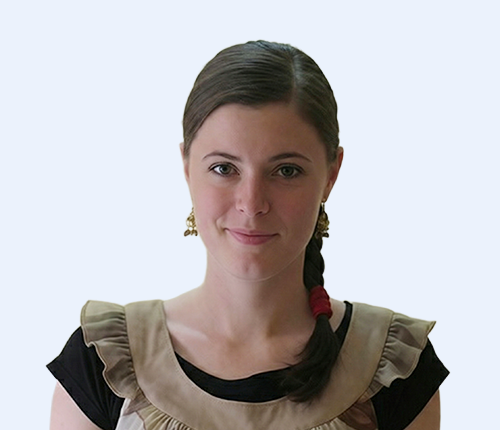
Laura Hambleton
Family Mental Health Researcher
The course is extremely practical and replicates the world stage – in its cultural representativeness and professional variety. The faculty and students represent the various players in mental health, law and human rights – from lawyers, advocates to NGO representatives, users, psychiatrists, nurses, researchers and recent graduates.
The community that is formed from such an exchange in combination with new knowledge gained from the lectures and classroom provides graduates of the diploma with highly applicable tools in the vast areas at the intersection of mental health law and human rights.
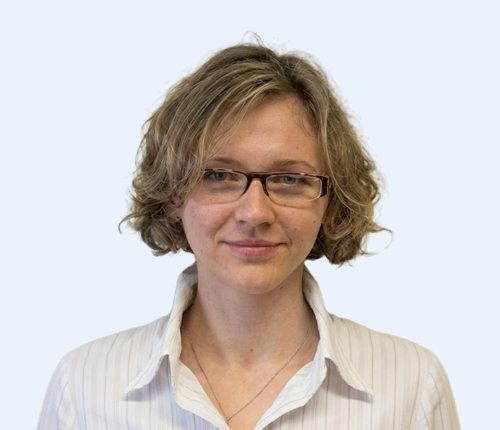
Kristina Brazevic
Chief Specialist of the Group on Monitoring Human Rights Situation in Closed Detention Institutions in the Seimas Ombudsmen’s Office
I’m very delighted with this interactive, multidisciplinary and critical course. It strengthened me to always take stock of the national and international provisions and standards, look for likely shortcomings and disputable potentials, balance all pros and cons and find a way to apply them in the best way and interest of the persons with mental disabilities. The expertise and the performance of the lecturers were truly high. The given knowledge was also very practical.
I started applying it with the first assignments and successfully used it for the investigation work at the Ombudsmen’s office. Now, after completing the course I feel I have expertise, knowledge, and confidence necessary for the work in this area. I have planned a number of investigations to carry out in the nearest future. The course also gave me fantastic opportunities to create a social network with people dedicated to prevention and promotion of human rights of persons with mental disabilities and carve my own professional path.
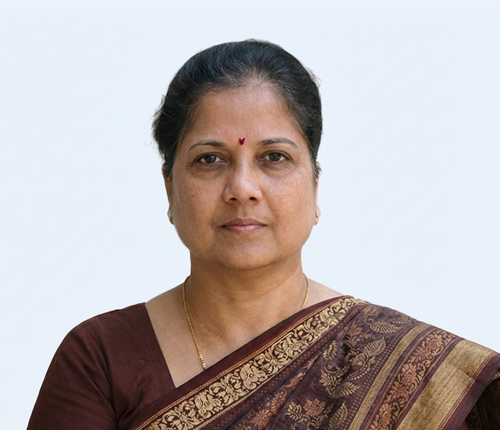
Veena Tandon
Facilitator with NGO, Schizophrenia Awareness Association (SAA)
The course gave me knowledge about mental health laws in different countries of the world and its violations, stigma, Rights of Persons with Mental Disorders (PMD), Rights of Caregivers in accordance with UNCRPD (ratified by most of the countries) through power point presentations and group discussions, video conferencing with mental health professionals from across the world. In India, PMD are denied the basic insurance coverage life as well as health. The course helped me to understand their rights and made me promise to self to make the policy makers aware. Hopefully, this right, beautifully incorporated in the new drafted MH Act of India by esteemed professionals will see the light of the day.
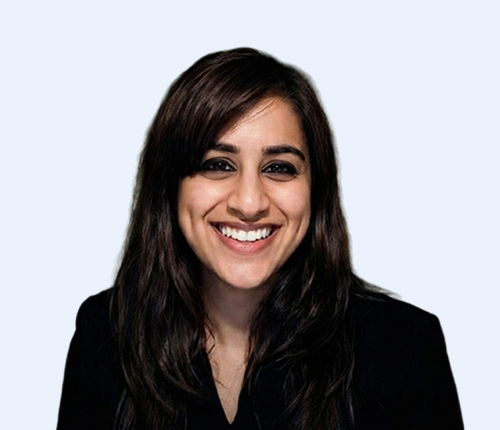
Manasi Sharma
Research Fellow in Mental Health Services, University of Exeter
This Diploma has been an exceedingly fruitful and enriching experience for me. This may be attributed to the combination of a highly experienced and reputed faculty, the diverse group of students from varied backgrounds and nationalities, and the carefully crafted and well-structured modules encompassing all aspects of human rights, law and mental health.
Through classroom discussions, quizzes, essays, projects, and enthralling debates, the course equipped us with various tools to implement change for a more inclusive and human-rights friendly society.
For me, the highlight of the Diploma was its international flavour, and the opportunity to build networks with global leaders, professionals, users, carers, and activists. We have continued to stay in touch and plan initiatives to achieve our common goal for the mental health field worldwide.
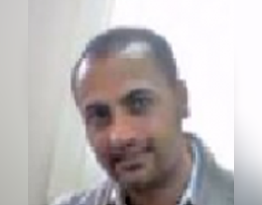
Jamil Yousef Saleh Nasif
Head of Salfit Community Mental Health Center / Palestinian Ministry of Health
International Diploma in Mental Health Law & Human Rights enrich me with an important acknowledgment which gives me a solid ground of experience to improve and widen my vision in improving my work area.
It gave me an experience of what is the important and essential things about the modern policies in mental health services and how we can provide these services in a way which satisfies the client needs, and the importance of respect of clients’ rights and empower them to exercise their rights and integrate them into a community.
Also, it gave me the chance to be the defender of these clients’ rights through my participation on Monitoring Committee about human rights in mental health hospital in my country and another chance to evaluate the level of professional awareness about clients’ human rights in all mental health facilities in my country.
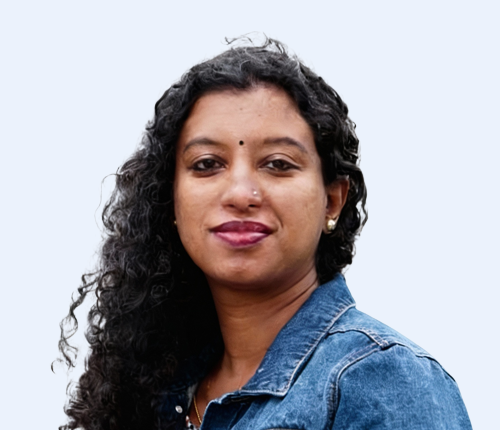
Jisha Surya
Independent Journalist - Thiruvananthapuram, Kerala
I am an independent journalist based in Thiruvananthapuram, Kerala. I have worked in newspapers such as The New Indian Express and The Times of India. Now I am a regular contributor to various online media such as The News Minute and Onmanorama.com.
One of the main things that I have learned from this course is that we could focus on the contribution made by the deceased person instead of focusing on the ‘How’s and ‘Why’s. I also knew that it was not okay to use the word ‘committed’ in suicide reporting, but I never understood the reason. The course made me realise that. It has also made me feel responsible to use reports to sensitise the public about suicides. One of the strengths of this course is that instead of just giving a set of instructions, it has included perspectives of all stakeholders including journalists.
I would recommend this course to all journalists. However, I would specifically want editors to do the course because they are the ones who insist on reporters providing detailed coverage of deaths by suicide.
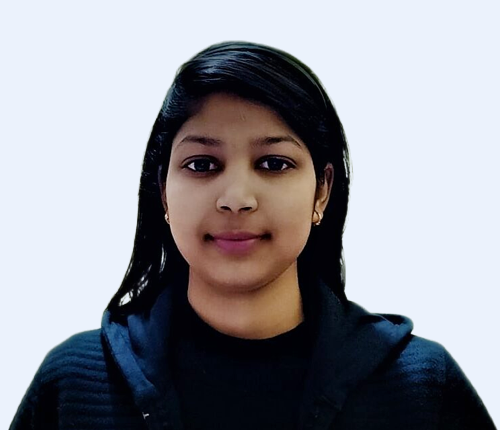
Ayushi Goyal
Journalism Student - Amity University, Delhi.
I was drawn to this course because of its structure including the presentation videos facilitated by experts in the field, videos of media professionals & persons with lived experience. The course has taught me how can we report in a complex situation and still maintain the ethical guidelines.
The strength of this course is that it explains every topic on suicide reporting in detail with examples – the examples are very relevant.
I would recommend this course to all those who are currently pursuing journalism. It will definitely help students learn how to report on suicides responsibly.

Anuradha K
Piramal Swasthya, Bengaluru
This course has a well- researched curriculum. It has taught me 3 main things:
Use appropriate language: It is important use neutral vocabulary on suicide as it reflects our mindset regarding the issue & influences people. It reduces stigma on suicide. Many well-meaning individuals may be ignorant on this aspect. I have used the information on data, determinants & myths in training community mobilizers in my organization on suicide prevention awareness.
Understand suicide from a nuanced perspective: We do not have nuanced data on suicide. We have percentages & broad classification of demography & determinants. It is important to understand the context where these psychosocial, structural, systemic determinants of suicide play out to address the issue at a community level. We need to decriminalize & deglorify suicide in the minds of people.
Be sensitive to the rights of the survivors of suicide loss: We need to ensure that empathy is prioritized over our need for completing our task of reporting the “stories”. In general, I am more self-aware of not falling into the pressure of “getting my job done” at the cost of affected people. This helps me listen better and be more effective with providing actual support.
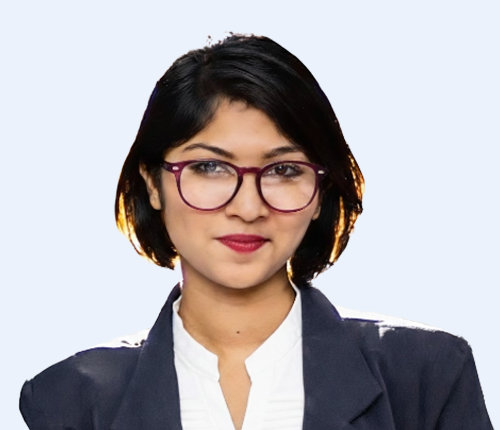
Mayura Saavi
Freelancer - Navi Mumbai
We must be aware of the effects of headlines of suicide news on the readers and hence choose words very carefully. Learning these skills will definitely bring out the humanitarian concern and once again raise the level of journalism which is going down with the TRP oriented journalism which uses triggering click baits even with such sensitive issue reporting.
Pre-recorded modules usually aren’t much effective as interactive live classes but the design of this course and expert faculties successfully broke the myth. Adding ‘experience sharing’ videos and real examples of published News did make the process easy to understand and catch hold of the interest of the person attending the module.
I would recommend this course to all of my journalist friends as well as my students as it is important to learn how to report sensitively and sensibly in such an environment where journalism is losing its senses.
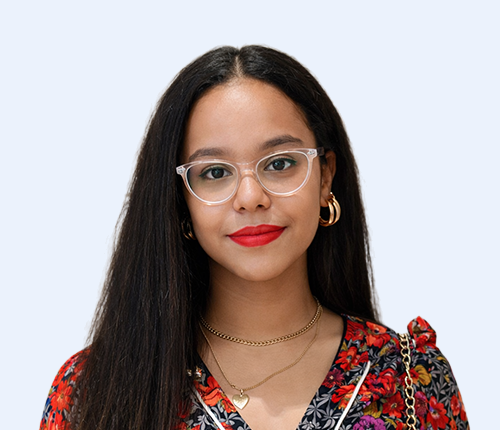
Sukhmani Bhatia
MA Applied Psychology, Jamia Millia Islamia, New Delhi
The strength of the Atmiyata Course lies in its strong grip on the practical application of techniques in both personal and professional domains of functioning. It is rooted in objectivity and empiricism. The course equips an individual who is not a mental health professional with basic but useful tools to build and maintain their mental health. It also serves as a good platform to establish the foundational knowledge about how mental health is a spectrum and how it may be understood through an intersectional lens.
The course facilitators possess the skill to easily translate research-based knowledge into everyday language. This allows participants to grasp information without difficulty. In my experience, they were open to hearing opinions and discussing these further, without assuming that there is only one truth. The ability to take in constructive feedback with empathy and humility portrays that they are driven to take the course as per the participants’ needs.
The Atmiyata Course has expanded my view so that I can see myself in more than one role; subsequently, allowing me to be assertive and sensitive under the several roles I play – as a peer, daughter, student, fellow human etc. Sometimes, when I feel overwhelmed with the tasks that I have at hand or with taxing emotions, I turn to these techniques such as problem-solving, behaviour activation, and relaxation techniques following the situation at hand. Perhaps, not only have I found myself being more process-oriented but also solution-focused in my communication with others as well as my own needs.
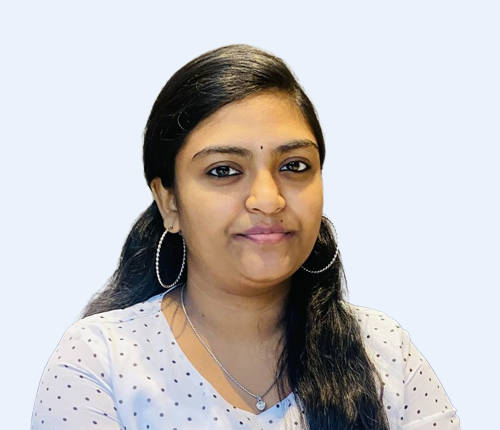
Priyadharshni B
Research Assistant, Schizophrenia Research Foundation (SCARF)
The strength of this course lies in its role plays that use various case scenarios. These helped me understand the theoretical techniques better. Since I work with adolescents in schools, taking up this course has helped me to brush up my knowledge.
This is a practical and interactive course where individual attention is given to all participants.
The facilitators were very kind and patient, they made the course content extremely engaging.
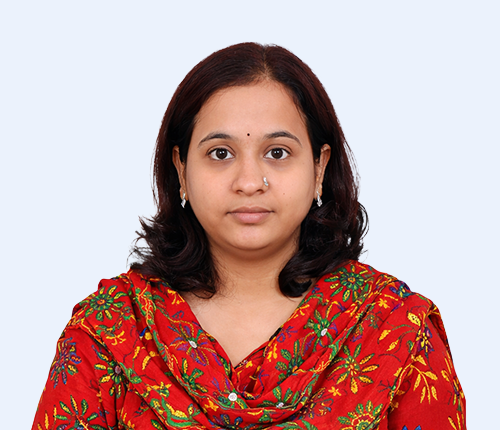
Shruti Naik
Sr. Psychologist - Sakhi/One Stop Centre, Ministry of Women & Child Development
As someone who provides regular support to survivors of gender-based violence (GBV), The Atmiyata Course has been immensely helpful for me.
The strength of this course lies in its design; it is interactive and allows space for discussions. I especially liked the fact that all concepts were explained in very simple terms. I would definitely recommend this course.
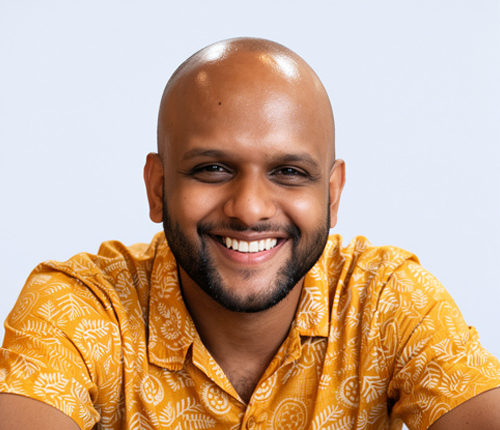
Adarsh Ratnakaran
Research Associate, MeHeLP India Foundation
A person close to me lost their life to suicide, and even after having a background in mental health, I had limited information about suicide prevention. I signed up for CMHLP’s Gatekeeper Training Course for Suicide Prevention to increase my awareness.
The course has helped me clear my misconceptions about suicide. It has helped me change the fatalistic attitude I had toward the issue. Another key learning was the need to build protective factors that can be critical for suicide prevention.
The learning was provided through an interactive medium using discussions and role plays that accommodated everyone’s views. The content was delivered in a way that made it easy to understand for a person without any background in mental health, thus making it suitable for everyone. It is particularly useful for anyone whose work or social life involves interacting with a lot of people since they are more likely to notice a person in distress.
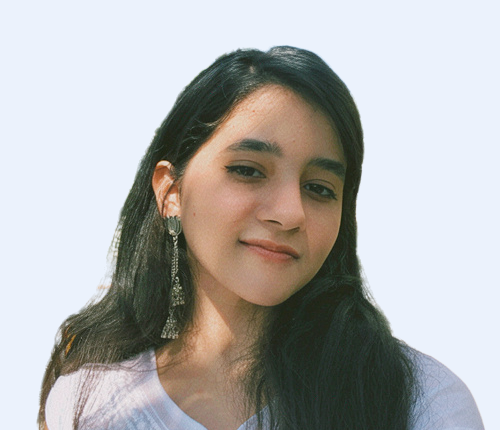
Vanshika Soni
B.A. Psychology, Indore
I enrolled for the Gatekeeper Training Course for Suicide Prevention because I have had close friends and family members who have struggled with their mental health. I was driven to enhance my support abilities and as someone with a background in psychology, I saw this as an opportunity to upgrade my skills in this field.
My biggest takeaways from this course include the warning signs of suicide, and how to provide support to those in crisis. Furthermore, being a gatekeeper can be a challenging and demanding role, so the need to take care of oneself when supporting individuals at risk of suicide is essential. I am grateful for the knowledge and skills gained from this course and feel better equipped to support those in need.
The facilitators were exceptional, creating a safe and non-judgmental environment that allowed for open communication and a deeper understanding of the subject matter. I appreciate the interactive approach and would highly recommend this course to anyone who wants to learn about suicide prevention and how to support others who may be struggling. It’s essential for all of us to have a basic understanding of mental health and suicide prevention, and this course provides just that.

Flavia Noronha
Assistant Professor at Manipal College of Nursing, MAHE, Manipal
As a nurse educator, I mentor nursing students in the field of psychiatric nursing, both in theory and clinical practice. While interacting with young adults, techniques like behavioural activation, active listening and affirmation are extremely crucial.
In clinical practice, these skills are the pillars of a therapeutic relationship. Attending this course has helped me to re-learn the skills with a different perspective.
The course faculty were encouraging and facilitated the learning process with relevant material, examples, and continuous feedback. The ongoing discussions during the lectures were interesting, and well initiated and managed by the faculty.
This course will be beneficial to all people irrespective of their profession, age, or their job designation. The skills learnt can also be applied to promote one’s own mental well-being.
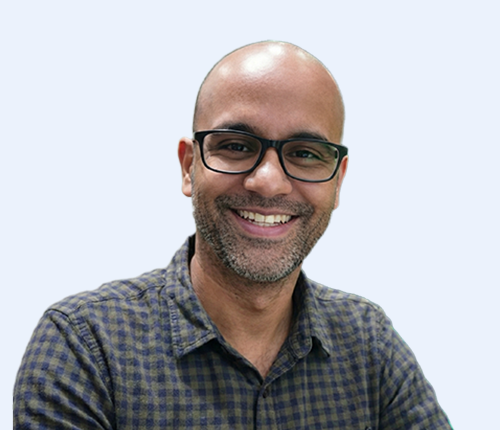
Manu Moudgil
Independent queer journalist based in Chandigarh
As a journalist, I engage in writing workshops which involve self-reflection exercises. I have often felt the need to be trained in mental health to better support the participants during this process. The Atmiyata Course has helped me in this regard.
The course has also helped me relook at my interactions with people who have reached out to me with their own issues.
The instructors are the strength of the course. They were very patient and able to take everyone along. I was a bit scared that the content and coursework may get very technical or tough for me to follow. However, it was perfectly paced.
I would recommend this course to anyone looking to enter the field of psychology or mental health.
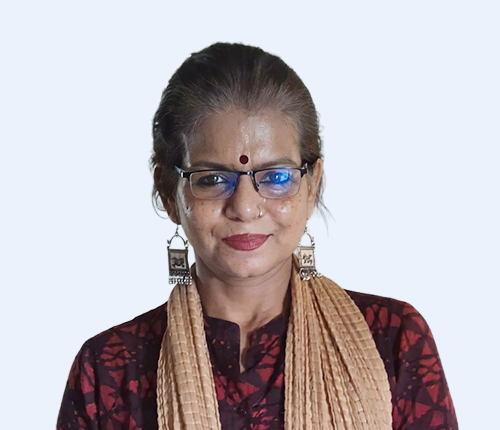
Dr Anuradha Mahapatra
Founder & Director, Manam Foundation, Bhubaneswar
As the founder of a mental health organisation, I had heard a lot about Atmiyata and its impact on rural mental health. I wanted to better understand the tools and techniques used. While we have been using some of these concepts at our organisation, it was wonderful to see them come together and work in a structured format.
The strength of this course lies in the clarity provided by the instructors regarding the evidence-based techniques that lay persons can use to provide mental health support & the applicability of these techniques as instruments of change.
The course is especially useful for other NGOs and individuals who are looking to create more impact in the field of mental health.
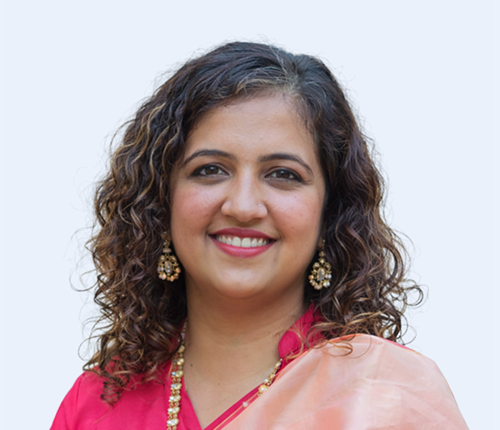
Dr Radhika Tonsey
M.D. (Homeopathy)
One of the main reasons why I signed up for the Gatekeeper Training Course for Suicide Prevention was because of the research and reading I had been pursuing for the past 3 years. The pandemic showed us how we are facing a mental health crisis, that has long term consequences.
Given this, I thought it would be good to equip myself with tools and skills to be able to do a better job and aid wherever it was needed around me.
The skills I learnt during the course included rapport development, confidentiality, creation of a safe space and a safety plan. To empower and enable my patients to share their vulnerability has been one of the greatest skills I have learnt from this course.
The cohort learning was one of the most useful aspects of this course. In every session, there were a great number of articles and research material shared between batch mates. The course material was comprehensive, and the facilitators accommodated all our queries. We were able to create a safe space to share our stories too.
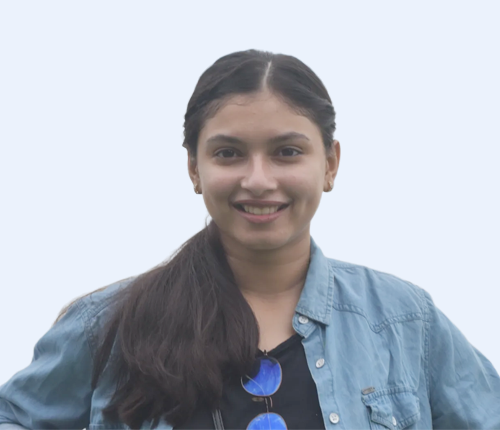
Shreyasi
Psychology Student, Kolkata
The Atmiyata Course role-plays provided a lot of exposure on how to go about conversations with someone in distress – the do’s and dont’s.
After completing the course, I’ve found myself to be more empathetic, utilising the skills, especially active listening, in my interpersonal relationships. The behavioural activation and relaxation techniques have helped me in my daily routine as well.
The Atmiyata Course is not merely an online one-way course, rather it is interactive and one must enthusiastically take part in all aspects of the coursework to get a full grasp of it. It has been a wonderful experience for me!

Yashasvi Murali
Public health professional, based in Delhi
I work in public health and mental health is an integral focus area in the work I do. I signed up for the course with a deep personal interest in mental health, stemming from personal experiences and professional aspirations alike.
My most important takeaway from the course were the rich discussions around understanding suicides, dispelling myths and misconceptions around it and developing new perspectives about suicide prevention. The focus on role plays to practice the skills learnt in a simulated safe space was, for me, critical to instill confidence in being able to engage in real life situations to prevent suicides. The skills learnt in this course have been very useful for me to be able to better support those around me and most importantly, address taboos around suicides.
I would especially recommend this course for anyone interacting with populations at risk of suicides and those looking to build non-medicalised, practical skills for suicide prevention.

Rebecca Cherop
Founder, The Semicolon Nation, Mental Health Professional
I was drawn to the Postgraduate Diploma in International Mental Health, Law, Policy & Rights-based Services (formerly known as the International Diploma in Mental Health, Human Rights & Law) due to my deep interest in advancing and changing the mental health narrative in my country. Coming from one of the poorest countries in the world, where no mental health systems are in place, this programme was the ideal opportunity to learn how to develop mental health policies and laws and become a better advocate. It provided a comprehensive understanding of the intersection between mental health care, laws, and policies, and helped me understand how legal frameworks protect the rights of individuals with mental health issues. The research project was a specific strength, allowing me to contribute original insights to mental health development. The faculty members are highly experienced, supportive, and often provide personal guidance and mentorship to help students achieve their academic and professional goals.
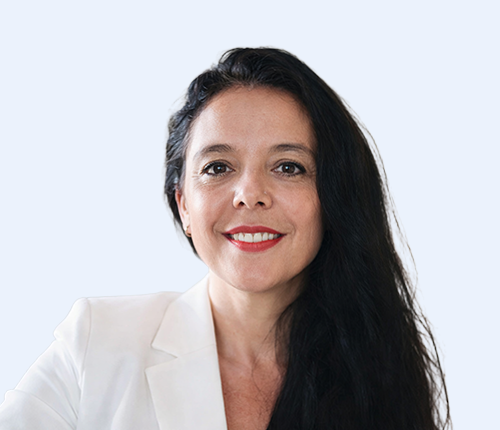
Maria Silvina Sosa
PhD Research (UNO University-Argentina) , Coordinator (Co-Chair) of the digital mental health commission at RECAINSA.
Many years before I enrolled in the Diploma Programme I was already looking forward to it because I consider it an essential training for all of us who are interested in the protection of the rights of people with mental health conditions. The experience of doing the Diploma was one of the most interesting in my life. The exchange of experiences with other students from around the world, and the team’s knowledge, professionalism and friendliness made it truly enriching.
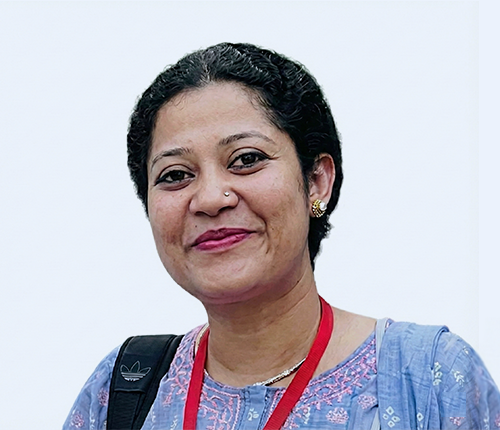
Abdullah Ambareen
Co-founder and General Secretary, Kaitley Foundation, Psychiatric Social Worker,
One feels a sense of immense satisfaction and honour to grow and develop together with people—faculty, coordinators, fellow students—when you experience with them a coherent sense that, “Our heart lies in the right place.” The diploma extended my knowledge of the global scenario while harnessing my skills into tools and techniques like advocacy and research, to name a few. The outcome was the establishment of ‘Kaitley Foundation’, a non-profit initiative in U.P., India addressing sustainable solutions for persons recovering from mental illness.

Isha Agrawal
The Atmiyata course has truly been one of the most meaningful learning experiences I’ve ever had. I walked in expecting it to be a training session, but it turned out to be so much more. The activities—especially the role plays and the open, judgment-free discussions—helped me understand mental health in a better way and made the learning feel practical, engaging, and completely relatable.
The sessions on empathy, active listening, and problem-solving were definitely my favourites.
I am leaving this course not only better prepared to support the people around me, but also more aware, grounded, and compassionate toward myself. I am genuinely grateful for everything I have learned here. A huge appreciation to the course, the mentors, and the other co-participants for creating such a safe and impactful space.
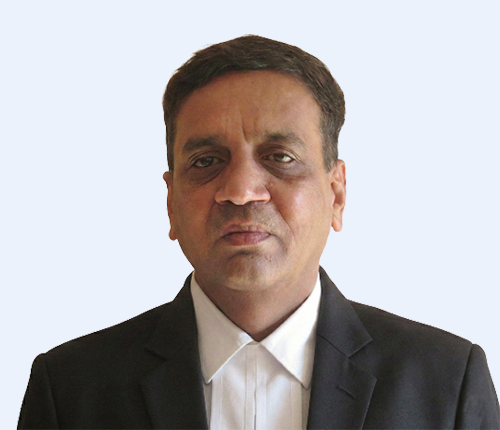
Milind Babar
Through the Atmiyata course, I strengthened my ability to listen non-judgmentally and build trust with people in emotional distress. I learned practical, evidence-based techniques such as problem-solving, behavioural activation, and offering social support, along with a deeper understanding of community mental health, including early identification, stigma reduction, and linking people to local resources. These skills now guide my day-to-day interactions, helping me support others with greater empathy, confidence, and effectiveness.